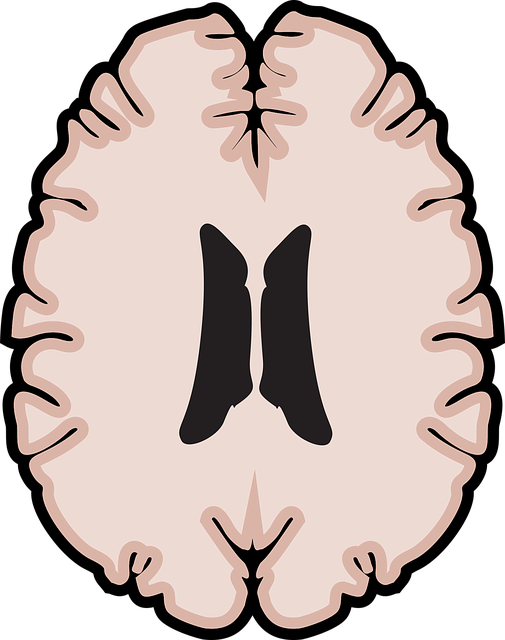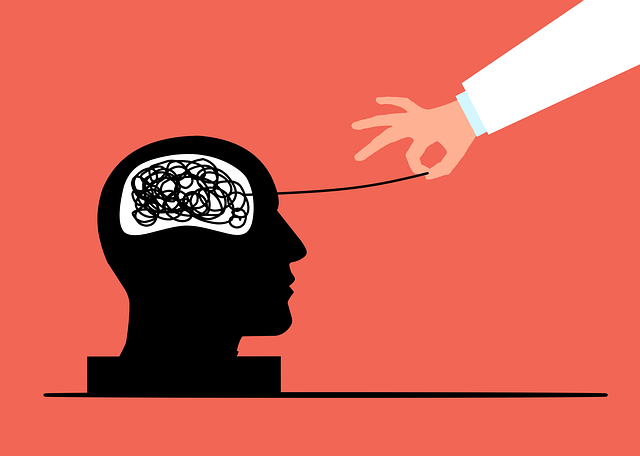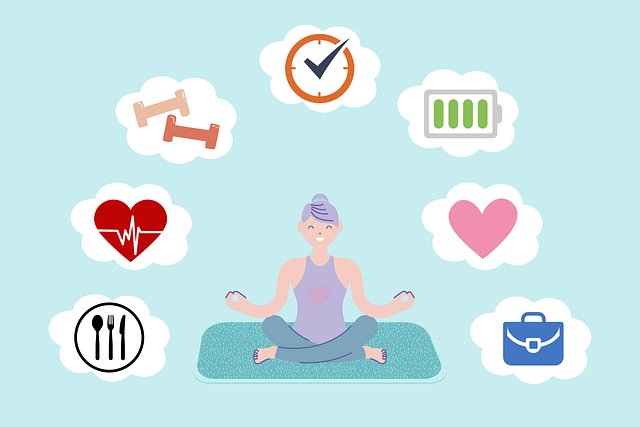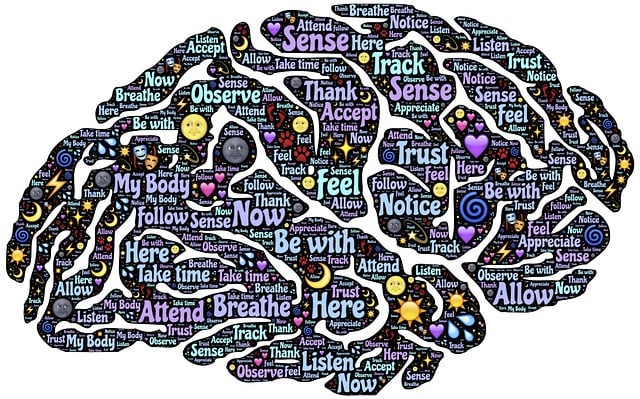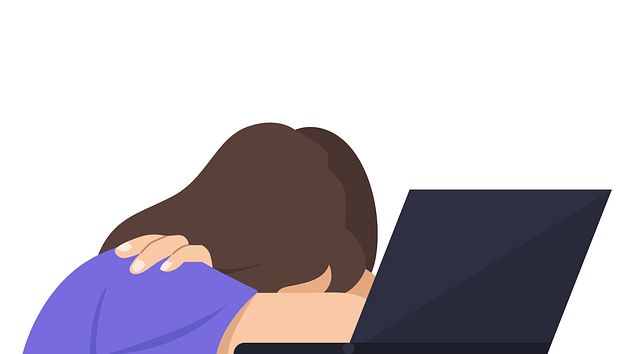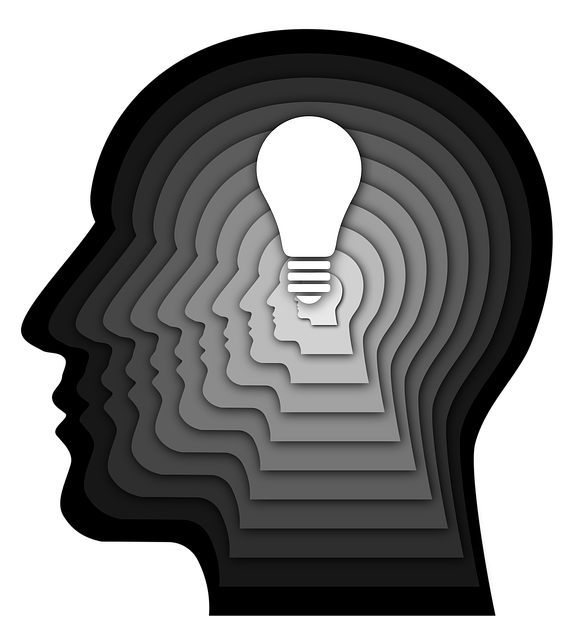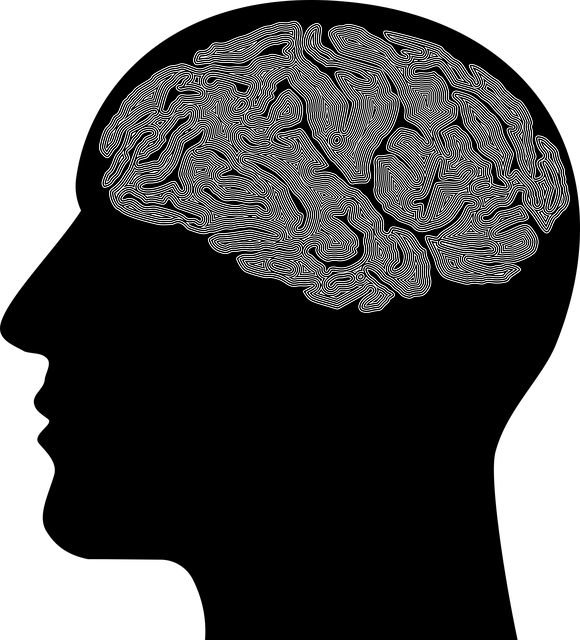Stress management workshops, leveraging evidence-based methods like Cognitive Behavioral Therapy (CBT) and tailored techniques from Superior Anger Management Therapy, equip individuals with tools to combat overwhelming stress. These workshops address physiological and psychological effects, such as anxiety, irritability, and physical health issues, through mindfulness exercises, breathing techniques, and resilience-building activities. By incorporating mental wellness journaling, compassion cultivation, and other therapeutic approaches, these sessions enhance self-awareness, prevent conflicts, reduce depression risks, and promote holistic personal growth, fostering a supportive environment for positive change and improved well-being.
Stress management workshops are a powerful tool for organizations aiming to enhance employee well-being. This article delves into the art of designing and implementing effective stress relief strategies, focusing on the profound impact of chronic stress in the workplace.
We explore the essential components of successful workshops, emphasizing techniques like mindfulness and superior anger management therapy. By understanding the root causes of stress, organizations can create a healthier, more productive environment, fostering employee satisfaction and retention.
- Understanding Stress and Its Impact on Well-being
- Designing Effective Stress Management Workshops
- Implementing Superior Anger Management Techniques
Understanding Stress and Its Impact on Well-being

Stress is a normal part of life, but when it becomes overwhelming and persistent, it can significantly impact our overall well-being. Understanding the nature of stress and its various manifestations is crucial in managing it effectively. Workshop organizers often focus on educating participants about the physiological and psychological effects of chronic stress, which can manifest as anxiety, irritability, insomnia, or even physical health issues. By recognizing these signs, individuals can take proactive steps towards better mental health.
The impact of prolonged stress extends beyond the mind and body; it can also affect personal relationships and professional performance. Workshops that delve into stress reduction methods, such as mindfulness exercises, breathing techniques, and resilience-building activities, empower attendees to develop healthy coping strategies. Additionally, addressing underlying issues like superior anger management therapy can help individuals navigate challenging situations with composure, thereby enhancing their overall quality of life and reducing the negative effects of stress on both personal and professional spheres.
Designing Effective Stress Management Workshops

Effective stress management workshops are designed to empower individuals with practical tools and techniques to navigate life’s challenges. Key to their success is a structured curriculum that balances education, skill-building, and interactive exercises. Facilitators should incorporate a variety of engaging activities, such as group discussions, mindfulness practices, and role-playing scenarios, to cater to different learning styles and ensure participants actively participate.
Focusing on evidence-based methods, like Cognitive Behavioral Therapy (CBT) techniques for stress reduction, can provide participants with proven strategies to manage anxiety and improve their overall well-being. Incorporating elements of Superior Anger Management Therapy, tailored to the specific needs of the audience, can also be beneficial in addressing underlying issues that contribute to stress. Additionally, leveraging Public Awareness Campaigns Development and Burnout Prevention Strategies for Healthcare Providers can help create a supportive environment where participants feel empowered to make positive changes in their lives.
Implementing Superior Anger Management Techniques

Incorporating superior anger management techniques into stress management workshops is a game-changer for participants’ mental wellness. These therapeutic approaches go beyond mere emotion control; they equip individuals with powerful tools to navigate and transform their anger into constructive channels. One effective method is mental wellness journaling, where attendees can introspect, record, and reflect on their emotions, providing valuable insights into the root causes of anger. This practice not only enhances self-awareness but also serves as a safe outlet for expression.
Additionally, workshops can introduce compassion cultivation practices, which foster empathy and understanding, both towards oneself and others. By learning to respond to anger with kindness and forgiveness, participants can prevent escalating conflicts and reduce the risk of depression. These compassionate approaches transform anger management into a journey of personal growth, contributing to a holistic improvement in overall mental wellness.
Stress management workshops, encompassing understanding stress, designing effective sessions, and implementing superior anger management techniques, play a pivotal role in enhancing well-being. By delving into these strategies, individuals can navigate life’s challenges with resilience and promote a healthier, more balanced lifestyle. Incorporating evidence-based practices, such as Superior Anger Management Therapy, empowers participants to manage stress and anger constructively, fostering personal growth and improved relationships.






